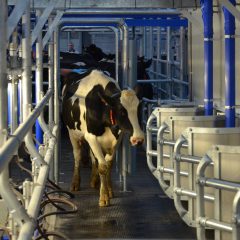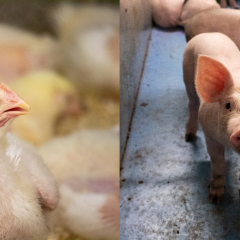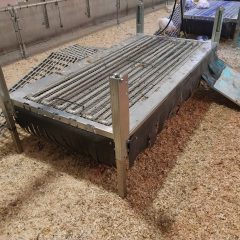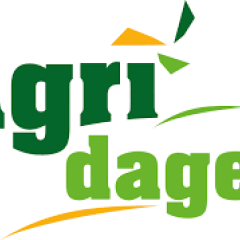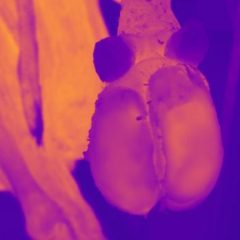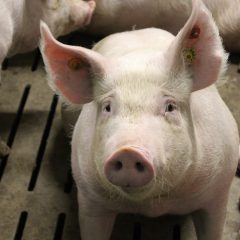Research project Poultry and Pig Low-input and Organic production systems’ Welfare
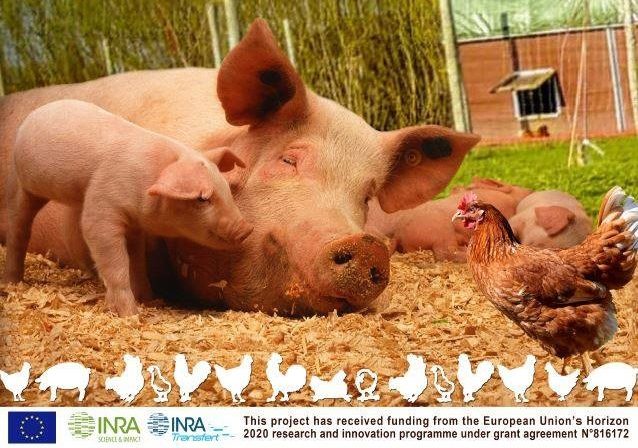
General introduction
This European research project aims to improve animal welfare in pigs and poultry that are raised organically and in free-range systems. In concrete terms, the 23 project partners will work together on innovative solutions and tools. These are developed, tested, validated and disseminated.
Research approach
The project partners choose a multi-actor participation approach. First, the barriers and expectations for progress in the field of animal welfare are mapped out by all interested parties. New strategies are then developed. Through close interaction with livestock farmers and other links in the production chain, policy organizations, citizens and consumers, we promote the implementation of the innovations and tools as much as possible to the end users. Together with them, a selection of the most promising strategies is made. Those strategies go into further experimental and practical research. At the same time they are assessed in terms of economics, socially and environmentally, and useful business models are worked out.
ILVO focuses on three themes: 1. Keeping laying hens with intact beaks in organic and free-range systems. ILVO evaluates possible ways to counteract feather pecking and cannibalism, such as the influence of the design of the range or presenting live larvae, 2. In slow growing broilers, ILVO studies whether the animals' immune system can be improved an improved incubation process, 3. ILVO coordinates the optimization of existing apps (for pig and poultry farmers) to assess animal welfare on free-range companies. We assess the effectiveness of optimized self-scan tools on both pig and poultry farms with free range.
Relevance/Valorization
The research and project partners expect maximum implementation of the innovative tools and strategies to promote animal welfare by the end users. A separate work package is provided for dissemination of knowledge at all relevant levels (scientific research, production chain, politics and society).
Financing
EU Horizon2020

